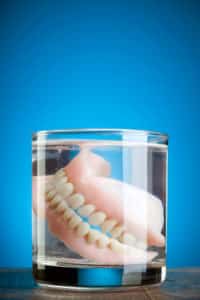
It’s inexpensive and will make your tooth look perfect. The technique adds a composite material to the tooth, fixing whatever crack, chip, or discoloration that’s present. There are a number of reasons why it’s a good option for small repairs.
The Cost
Dental bonding is much less expensive than having an implant installed. That requires a tooth extraction, post placement, and the crafting of a replacement tooth. Dental bonding is a fraction of the cost, and in a number of cases, it’s even covered by dental insurance.
The Short Recovery Time
With implants, you will need a few days to recover. You will have to be careful what you eat and are likely going to be in some pain. With dental bonding, you may not even need anesthesia. Everything is done within an hour, and you can go back to work or run any errands you need to after. Everything is done in one quick office visit, unlike the implant process.
It Looks Natural
The dental bonding material is designed to match your natural tooth color. No one will even realize that you’ve had any repair work done. You’ll be able to smile again without feeling any embarrassment over that odd gap between teeth or the weird chipped tooth. While you could have silver fillings done, they will stand out every time you smile. Dental bonding won’t.
Do you want to learn more about dental bonding? We’re always excited to talk about this option with our patients. Call us today to schedule an appointment.

 After you have picked up your new dentures, you will begin a transition period as you slowly get used to wearing them. This transition is important in order for you to be able to wear the dentures comfortably, and to eat certain kinds of foods with them.
After you have picked up your new dentures, you will begin a transition period as you slowly get used to wearing them. This transition is important in order for you to be able to wear the dentures comfortably, and to eat certain kinds of foods with them.